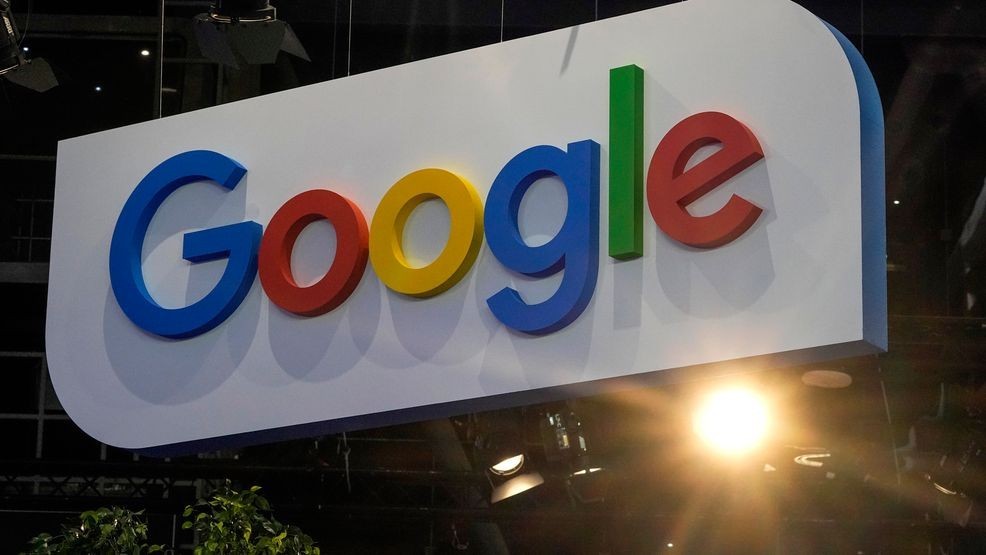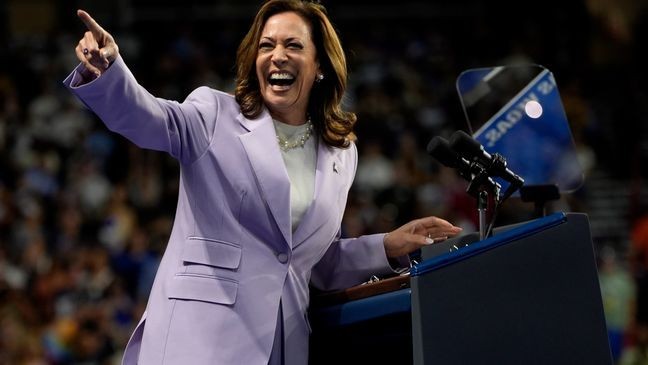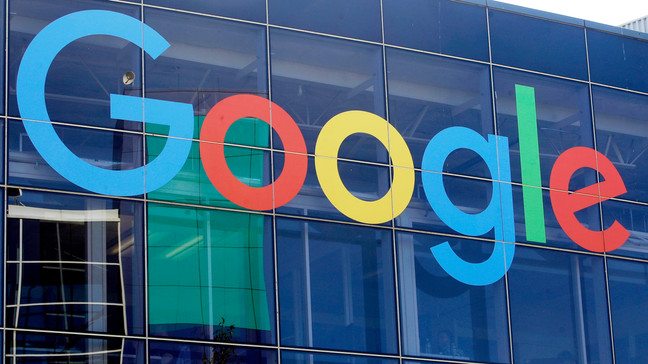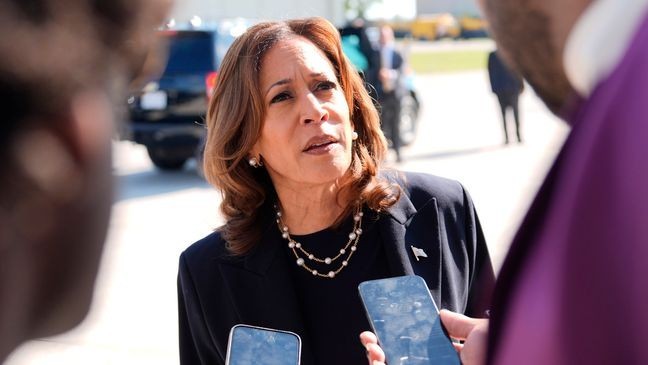News of Harris campaign's Google ad edit comes at a bad time for the Silicon Valley giant
HUNT VALLEY, Md. (TND) — Vice President Kamala Harris' presidential campaign is editing Google ads in a way that creates the impression news publishers are partisan supporters of her White House bid, Axios reported Tuesday. News of the edits comes as the Silicon Valley behemoth faces legal challenges after a judge ruled the company has a monopoly over its search feature.
Some of Harris' ads include links to real articles from news outlets Reuters, The Guardian and others with altered headlines and supporting texts making it appear as if the articles are supporting the Democratic presidential nominee. Axios found that nearly a dozen outlets have been used in similar fashion since the beginning of August.
One example is an ad running alongside an article from The Guardian showing a headline reading: "VP Harris Fights Abortion Bans - Harris Defends Repro Freedom," which then provides text underneath telling audiences Harris is a "champion for reproductive freedom."
The campaign purchases search ads with news links to provide users with more information about the vice president, according to Axios, citing a source familiar with the campaign's ads team. Harris became the presumptive nominee after President Joe Biden withdrew from his reelection bid following a poor debate performance in June.
Google's ad transparency tool shows Republican presidential nominee Donald Trump's team is not running similar ads, though these kinds of ad buys and edits have become common practice in past political campaigns.
A technical glitch in Google's Ad Library created the impression that some ads did not have the necessary disclosures, Axios reported, citing a Google representative. "Election advertisers are required to complete an identity verification process, and we prominently display in-ad disclosures that clearly show people who paid for the ad," the spokesperson said.
Google argues its disclosures are enough to keep voters from being misled.
This comes after a judge ruled last week that the tech company is an illegal monopoly, having created a digital environment through various exclusive agreements with fellow software giants over several years that allowed Google to crowd out competitors in the search industry.
The Justice Department is considering several options for remediation, including a push to break up the company. Other options would force Google to share data with rivals or pay large fines, according to Bloomberg. A breakup would be an exceptional move, especially given that the U.S. government tried and failed to do the same 20 years ago against Microsoft.
Google is appealing the judge's ruling, but analysts believe the company is unlikely to come out of the process unscathed in the long run, and that Google's attorneys will effectively press the brakes on past business practices to secure a favorable outcome from the courts.
Complaints of Google creating what are called dark patterns in search have followed the company for years.
For example, The Verge reported in 2019 a new look for Google's search results on desktop, a change that appeared to blur the line between a basic search result for information and an advertisement. The change made it such that the only thing differentiating ads and search results is a small black "Ad" icon next to the advertisement.
The "Ad" icon resembles the favicons appearing next to search results. The change means "a website’s branding can be front and center,” Google wrote in a blog post announcing the change.
Data collected at the time by Digiday showed the changes were causing people to click on more ads.
Before the change in late 2019, Google's ads were distinct from searches, placed offset by large, orange-colored boxes. The search engine gave ads entirely different real estate up until 2013, using unique color-coded boxes after that as well.




